Developing Contaminated Land in Manchester? Get a Rapid Risk Assessment
If you’re looking to buy or develop land in Manchester or Greater Manchester, one of the most important checks you may need is an assessment for contaminated land. It might not be the first thing you think about, but this site investigation is a crucial step in ensuring your land is safe, suitable for development, and compliant with environmental regulations.
In this article, we’ll explain what contaminated land is, why it’s a particular concern in Manchester, and how Manchester City Council handles the issue – plus what steps you should take if you’re looking to build on or buy land that might be affected.
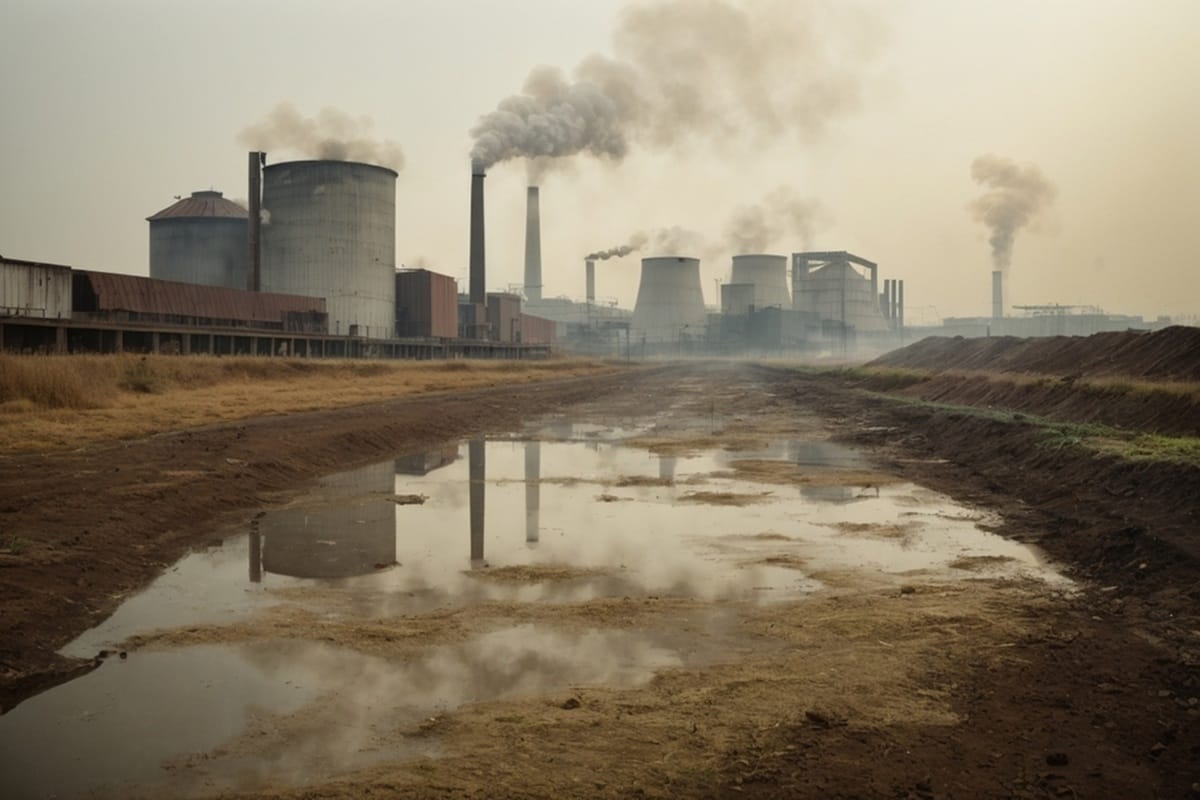
Contaminated Land: what it means
In simple terms, contaminated land is land that contains substances in or under it that could be harmful to human health or the environment. These substances might include heavy metals, oils, solvents, gases, asbestos, or chemicals left over from industrial use.
Contaminated land, or brownfield sites, are covered under Part IIA of the Environmental Protection Act 1990, which requires local authorities to identify and manage land where contamination poses a significant risk. The Environment Agency provides national guidance for how contamination should be assessed and managed through its Land Contamination Risk Management (LCRM) framework.
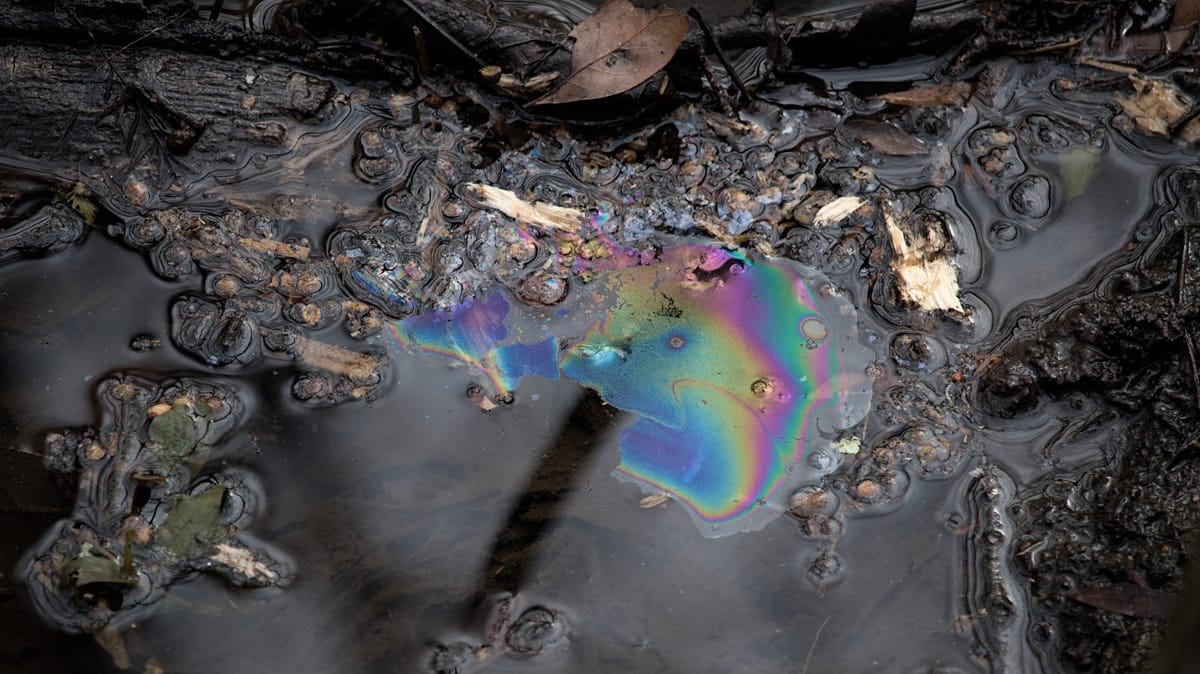
Why Contaminated Land Matters
Contaminated land can present serious health and safety risks. Human health could be put at risk from exposure to high risk substances via soil, dust, vapours, or groundwater. It can also affect building structures, pollute water supplies, and lower land values.
From a developer’s perspective, failing to assess and address contamination early on can lead to costly delays, planning refusals, or liabilities in the future. Planning authorities in Manchester and Greater Manchester, like other local authorities, will insist on site investigation work which will often need to be followed by land remediation.
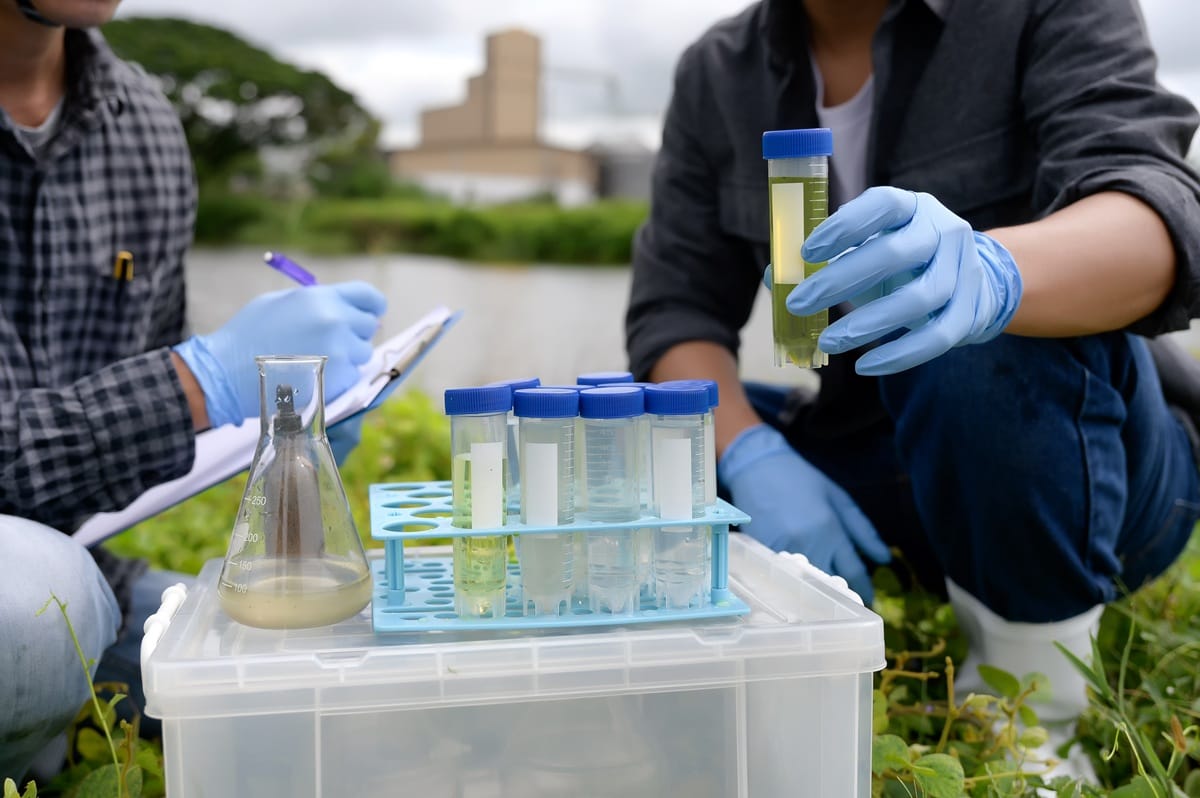
Manchester’s Industrial Legacy
Manchester’s proud history as the world’s first industrial city also brings with it a legacy of land contamination. The city was once home to hundreds of cotton mills, textile factories, metalworks, engineering plants and chemical industries.
Old industrial sites were often poorly regulated by modern standards, and many now-derelict plots still hold residues from fuels, dyes, lubricants, solvents, and other hazardous materials that could pose a risk.
In addition, much of this industrial activity was concentrated in areas now targeted for regeneration, making contaminated land in Manchester and Greater Manchester (which encompasses Manchester and nine other local authorities) a pressing issue for planners, developers, and the community.
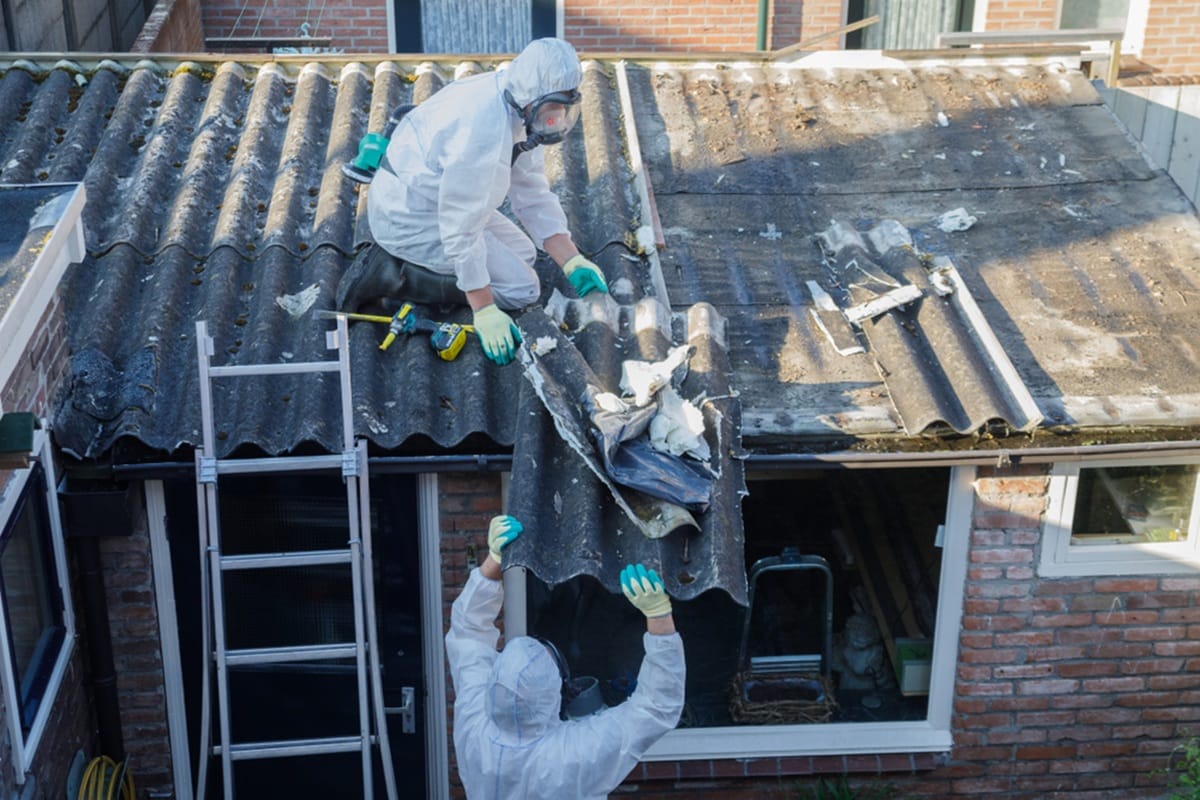
Manchester City Council’s Policy on Contaminated Land
Manchester City Council has a statutory duty to inspect its area and identify contaminated land under the Environmental Protection Act 1990. The council’s Contaminated Land Strategy outlines how it prioritises sites, focusing on:
- Protecting public health and the environment.
- Supporting sustainable development.
- Encouraging the reuse of brownfield land.
- Ensuring developers take responsibility for land they develop.
If you submit a planning application, especially for housing or public-use buildings in Manchester and Greater Manchester, you’ll likely be required to demonstrate that the land is safe. That means undertaking a contaminated land assessment, starting with a Phase 1 desk study and possibly concluding with evidence of land remediation. To inform potential developers, the council maintains a public register of contaminated sites.
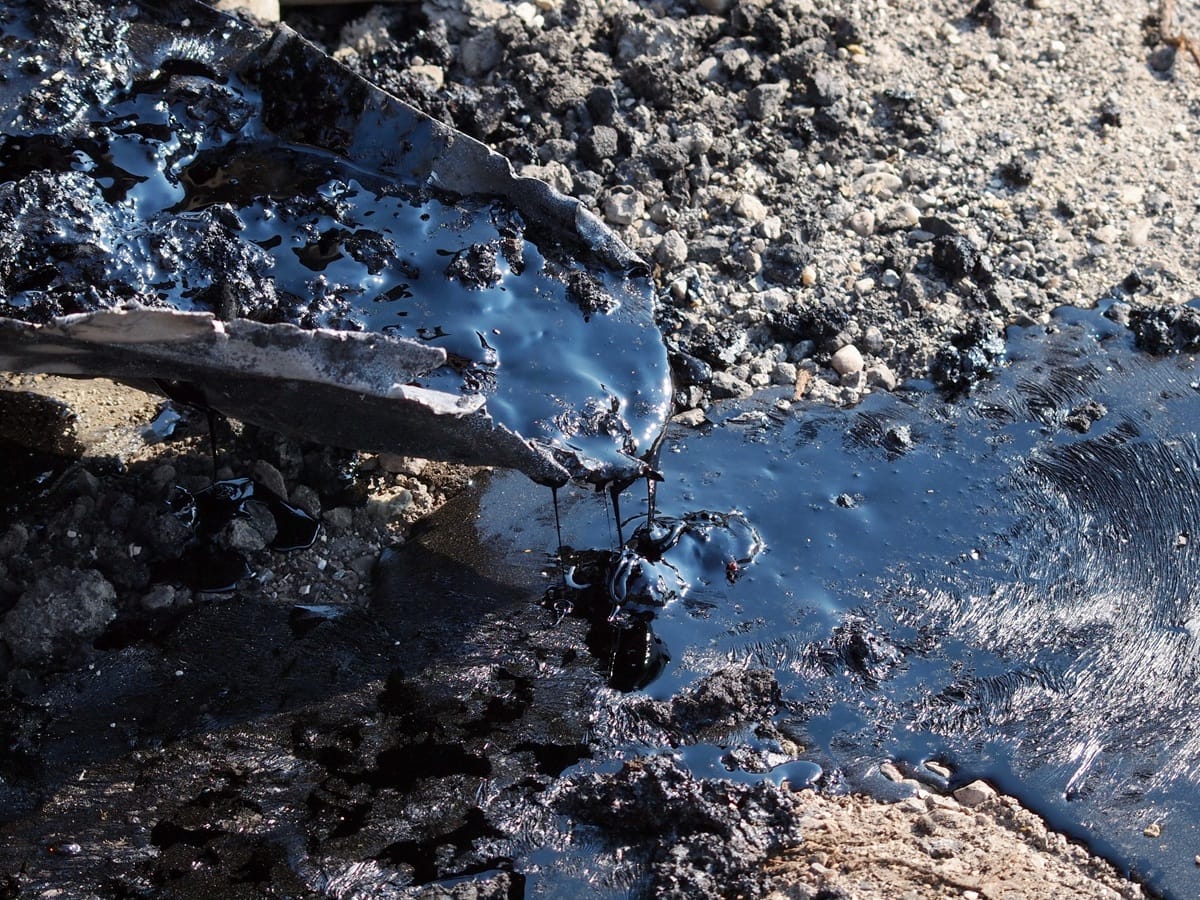
Managing Contaminated Land Through Site Investigation
As the local planning authority, Manchester City Council manages land contamination risks by:
- Reviewing site history as part of planning applications.
- Requiring a Phase 1 Preliminary Risk Assessment (desk study) for higher-risk contaminated sites.
- Recommending a further site investigation (Phase 2 site investigation) where needed.
- Setting planning conditions that require land remediation work if contamination is found during ground investigations.
- Requiring verification reports to show that any necessary clean-up of brownfield sites has been completed.
The goal is to make sure that all development is safe for its intended use, without causing harm to people or the environment, through site investigation and land remediation work on contaminated sites if necessary.
Reusing Brownfield Sites in Manchester and Greater Manchester
Manchester and Greater Manchester are growing rapidly, and face pressure to deliver new homes and infrastructure. Rather than expanding into greenbelt and greenfield land, planning authorities strongly support the redevelopment of brownfield sites.
This makes managing contaminated land in Manchester even more critical. Reusing previously developed land not only protects green spaces but also revitalises neglected areas of the city and Greater Manchester.
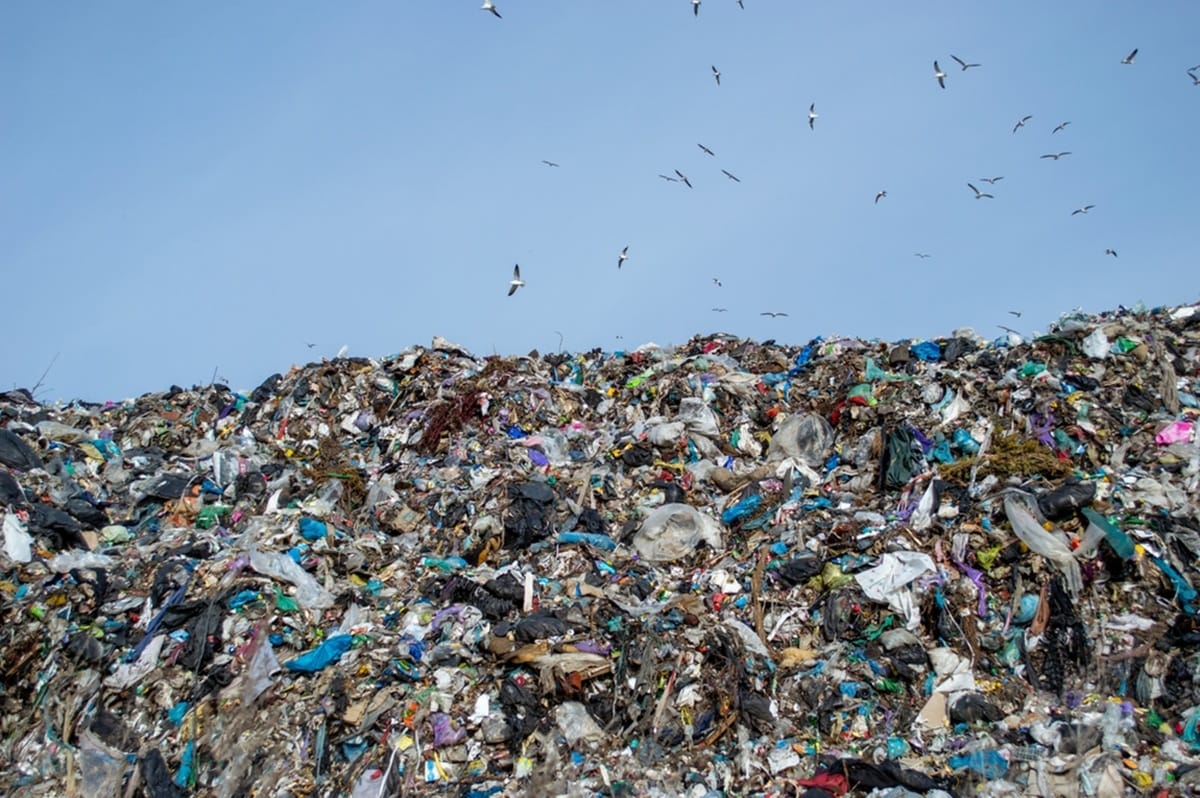
What to Do If You’re Developing Contaminated Sites in Manchester
If you’re planning to develop or build on land in Manchester or Greater Manchester, particularly if it has an industrial past, you’ll probably need a contaminated land survey.
Here’s the basic process:
1. Phase 1 Desk Study
A contaminated land consultant reviews historical maps, environmental records, and other data to assess whether the site might be contaminated. A walkover is often part of this site investigation.
2. Phase 2 Site Investigation (if needed)
If the desk study finds potential contamination, a more detailed survey is required. This site investigation involves collecting soil, groundwater, and gas samples for laboratory analysis. Consultants may dig trial pits as part of ground investigations to examine soil and they might use a conceptual site model to help with their assessment. Additional information may be required such as further surveys to identify other hazardous materials.
3. Land Remediation Strategy
If there are contaminants found, the consultant prepares a cost effective land remediation clean-up plan that’s approved by the council.
4. Validation/Verification Report
Once land remediation work is completed, the consultant produces evidence to demonstrate that unacceptable risks have been dealt with and the land is now suitable for its intended use.
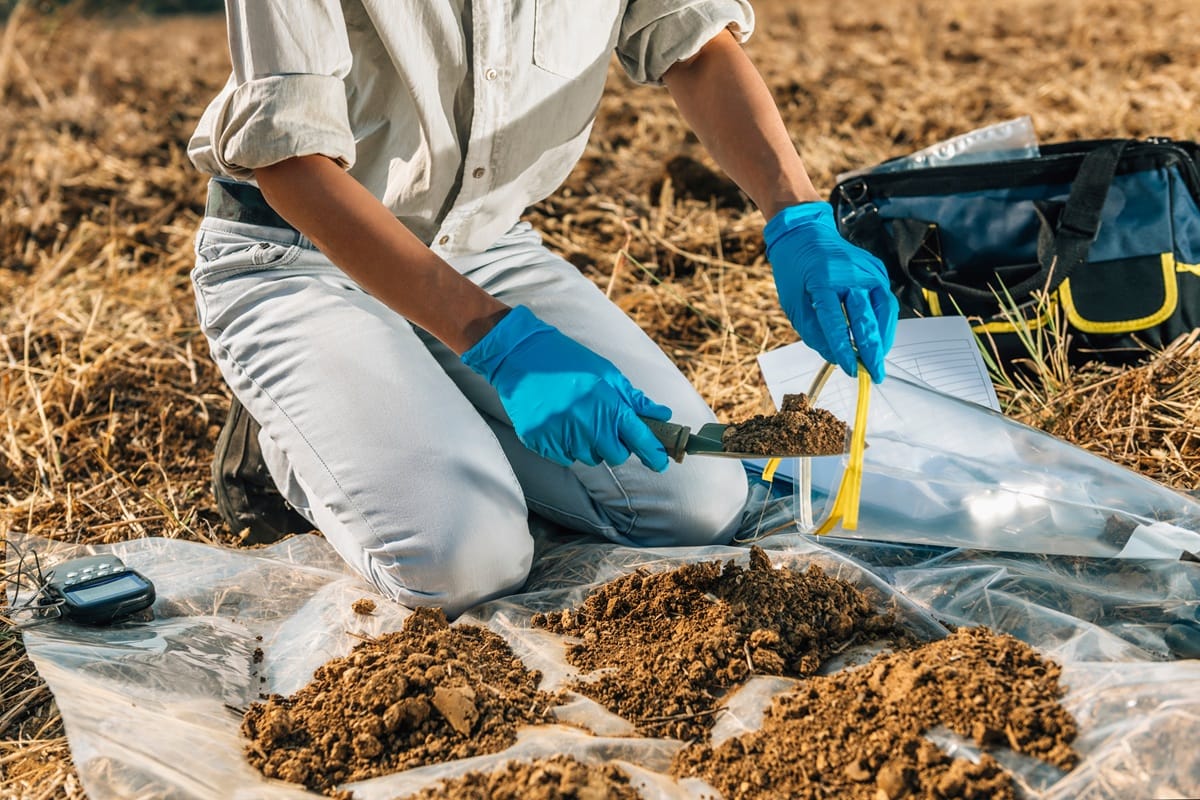
The Role of a Contaminated Land Consultant
A contaminated land consultant is a specialist who guides you through the entire process, from initial assessment to ground investigations, remediation work and final clearance. They liaise with the council, manage testing, interpret results, and recommend appropriate and cost effective remediation work where necessary.
Engaging a qualified consultant early on can help you avoid unnecessary delays, meet planning conditions in Manchester and Greater Manchester, and keep your project moving forward.
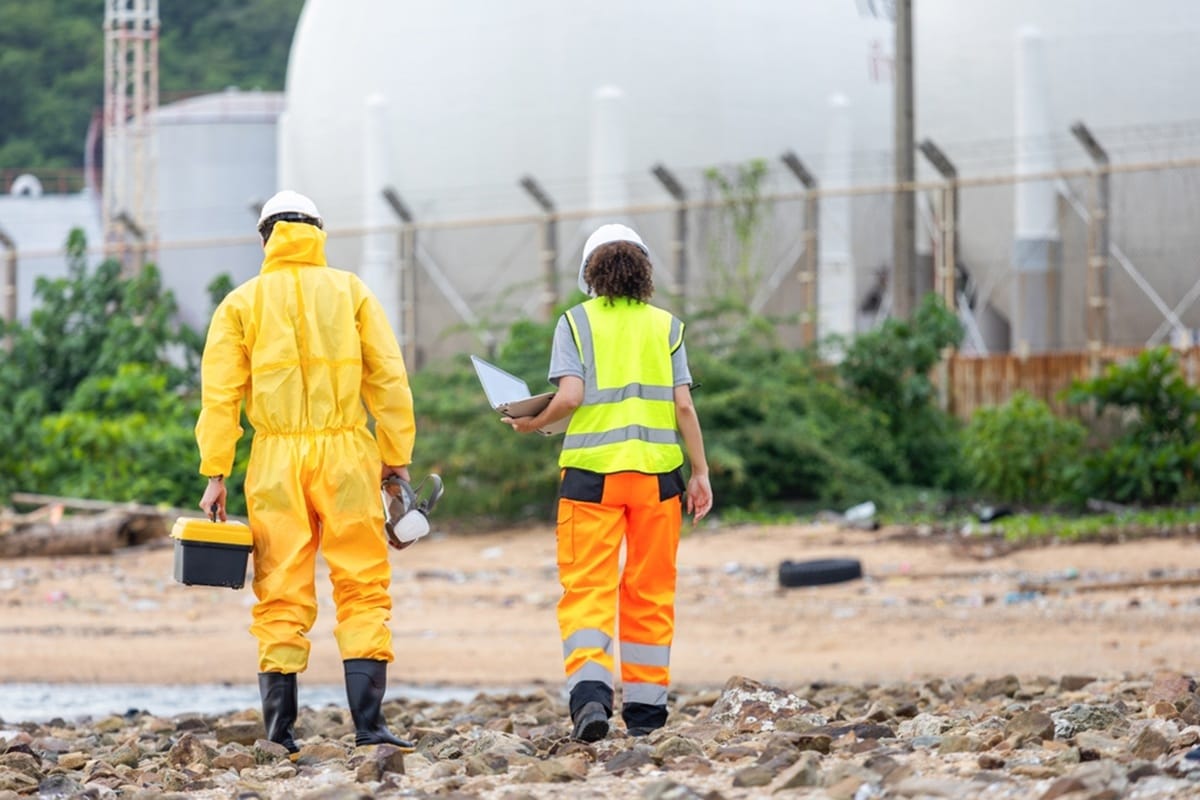
Guidance through the planning process in Manchester and Greater Manchester
Contaminated land may sound like a headache, but with the right advice and planning, it doesn’t have to be. Manchester has a long industrial history, and much of its urban regeneration depends on responsibly reusing former industrial sites via site investigation and land remediation work.
By working with experienced consultants and understanding the council’s approach, you can safely navigate the contaminated land regime and deal correctly with any contaminants found through land remediation in a cost effective way.
Having a head office in nearby Chester, our contaminated land consultants are well-versed in conducting surveys on brownfield sites in Manchester and Greater Manchester. They can help you with site investigation work from the preliminary risk assessment stage to land remediation and validation.
For a free quote, complete our contact form or get in touch by email or telephone. If you decide to accept our quote, we can arrange an appointment for a site visit at a time to suit you.